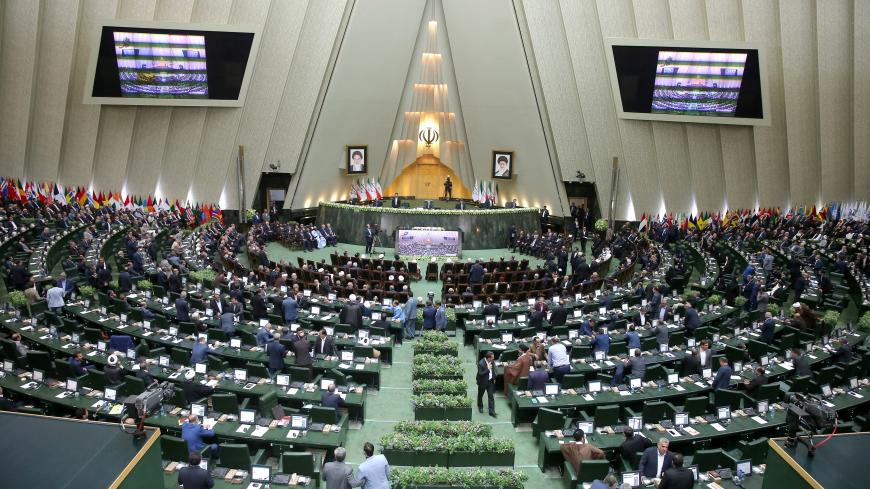With the signatures of 94 lawmakers, a bill has been presented to the Iranian parliament’s presiding board, titled, “Support for Whistleblowers of Economic and Administrative Corruption.” If approved by the presiding board, the bill could become law and facilitate the government campaign to fight corruption.
Tackling corruption has been on the Iranian government's agenda since the mid-2000s. In fact, the abovementioned bill was initiated based on a 2008 law, “Promotion of Administrative Compliance.” However, the net result of the various anti-corruption initiatives — including regular meetings between the heads of the three branches of power — have not borne any fruit. In 2014, President Hassan Rouhani even went as far as calling corruption a “national security threat” to the survival of the Islamic Republic. Representatives of the business community have also pointed to corruption and mismanagement as the most significant threats to the country’s economy. According to Transparency International’s corruption index, the situation in Iran has deteriorated in the past few years; in 2018, Iran ranked 138 out of 180 countries.



